I like this question. Ask 10 people this question and look for the variety of answers you get. I can almost guarantee that unless you are talking to a neuroscientist, none of them will use the word dopamine in their answer. That’s too bad, because that is, in fact, the answer.
We might use all sorts of words to describe emotional pain and the soothing effect of distracting ourselves with simple pleasures and finding oneself etc, but in reality it might just boil down to the brain’s desperate search for dopamine to replace the dopamine that has been lost.
Dopamine, one of hundreds of chemical messengers in the brain known as neurotransmitters, has many roles in the brain, with one of them being the production of physical processes that we experience as pleasure, fun, or reward. In a nutshell, anything that we do that we enjoy and feel motivated to do again causes dopamine to be released in our brain, leading to good feelings and the increased likelihood of repeating the behavior.
Needless to say, our brain loves dopamine. However, it may love it just a bit too much. This means that when it gets a taste of dopamine, it is prone to want to go back for more as soon as possible. People who have so-called addictive personalities may in fact be more accurately described as having dopamine-starved brains.

I experience involuntary disinhibition of affect when my extracellular dopamine serum levels are increased. Thank you very much.
Because the brain knows that while dopamine is good thing, too much of a good thing can cause harm. Therefore, when the brain anticipates that an outside source of dopamine is about to be accessed, it will lower its own natural production of dopamine in preparation. This is why the addict needs to continually escalate the addictive behavior in order to approach the same pleasurable sensation that was experienced initially.
One great source of dopamine is the experience of being loved, wanted, needed, appreciated, etc. Dopamine is not the only neurotransmitter involved in these feelings, but it is the one most implicated in the pleasurable aspect of relationships. If a relationship has ended, the brain, which is used to anticipating an external source of dopamine in the company of your partner or at certain times of the day when you usually interact with that partner, is slow to catch on. Believing that a release of dopamine is imminent, it will lower its own natural production, leading to feelings of depression, lethargy, low motivation, etc. This is, in effect, a chemical withdrawal from the relationship.

Dopamine on tap!!!
One of the greatest sources of dopamine, unfortunately in many cases, is novelty. This means that when something is new to us, it will cause the release of more dopamine than something that we are used to. This is a very simplified explanation for why relationships that are not built on something meaningful tend to start strong and fade fast.
In the absence of a new relationship, the brain will take whatever source of dopamine it can get, provided that the dopamine is available quickly and at a high level. For many, substances such as alcohol, nicotine, or other stimulant drugs are a quick fix for the dopamine withdrawal. For others, it is the dopamine-rich act of overindulging in high-fat, high-carb foods. For others, it is the download of dopamine that comes from welcoming something new into your life, especially something expensive.

You’ll never leave me will you baby? You’ll always be good to me?
The dopamine that is released during the act of purchasing something that is expensive and new is a short-term fix for the long term depression of dopamine caused by the loss of the relationship. This is why we may realize, after setting up our new 80-inch TV with home theatre surround sound and watching sad music videos for hours, that we don’t actually feel much better. Once the novelty wears off, we are back to where we were in the first place.

The forest makes me sad.
The better solution is to realize that you are going to be going through a withdrawal for a while, don’t be frightened by the feelings, and look for sources of dopamine that are less intense but more lasting, such as strengthening real friendships. Eventually, the brain will catch on that the old source of dopamine is gone and restore its level back to whatever is normal for you.
While I’m on the subject, dopamine is heavily implicated in many mental health issues, most especially ADHD. Please stay tuned for an upcoming post on that subject.
Once again, I welcome your comments and further questions.

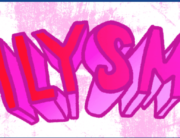


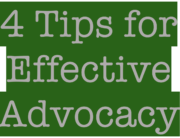











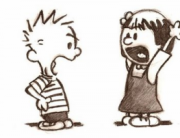





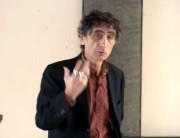

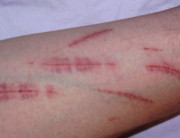












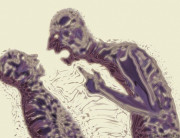



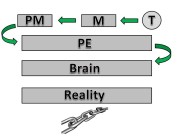





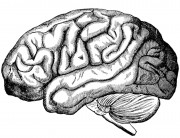
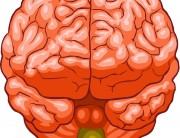
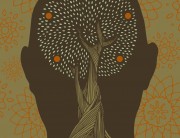

Recent Comments